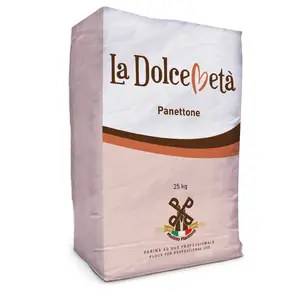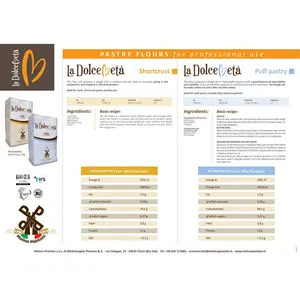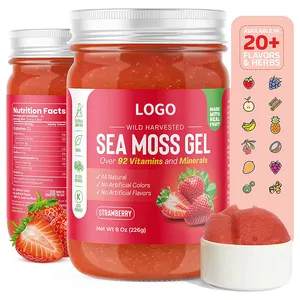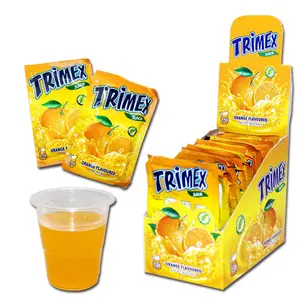Popular in your industry



























































Top categories
About wholewheat flour
Wholewheat flour is a type of flour that is made from grinding the whole grain of wheat, including the bran, germ, and endosperm. It is considered a healthier alternative to refined white flour as it retains more of the nutrients and fiber found in the wheat kernel, such as dietary fiber, vitamins, and minerals.
The advantages of wholewheat flour compared with plain flour
Wholewheat flour is more nutritious than plain flour, for the following reasons. First, wholewheat flour retains the bran of wheat, which is rich in dietary fiber that helps improve digestion, lower cholesterol and blood sugar levels, and prevent digestive problems such as constipation. In contrast, plain flour has removed the bran and is lower in dietary fiber. Second, wholewheat flour retains the germ of wheat, which is rich in vitamins and minerals. In contrast, plain flour has removed the germ and is lower in nutrients. The higher content of B vitamins and minerals in wholewheat flour helps to maintain the normal function of the body. Furthermore, wholewheat flour is rich in antioxidants, such as polyphenols and flavonoids. These substances help fight free radical damage and protect cells from oxidative stress. Wholewheat flour is rich in vitamins, niacin, and folic acid.
In addition, wholewheat flour is also rich in minerals such as calcium, iron, zinc, and magnesium, which are essential nutrients for maintaining the normal function of the body. Third, wholewheat flour has a lower glycemic index (GI) compared to refined white flour. This means it causes a slower and more gradual rise in blood sugar levels after consumption, making it a better choice for individuals with diabetes or those looking to manage their blood sugar levels. Meanwhile, white wholewheat flour contains more dietary fiber, which can provide better satiety and help control appetite and weight.
Tips for choosing wholewheat flour
To ensure purchasing genuine wholewheat flour, check the packaging for these labels. Some products may be labeled as "wheat flour" or "enriched wheat flour," which indicates that they are refined and not whole grain. Then, check the ingredients, avoiding products that have added ingredients like preservatives, additives, or bleaching agents. If necessary, choosing organic wholewheat flour ensures that the wheat used in its production was grown without synthetic pesticides or genetically modified organisms (GMOs). Organic options may also have a higher nutrient content. In addition, wholewheat flour, such as wholewheat bread flour, or wholewheat pastry flour, has a shorter shelf life compared to refined white flour due to its higher oil content. If users don't use it frequently, consider storing it in an airtight container in the refrigerator or freezer to extend its freshness.


























